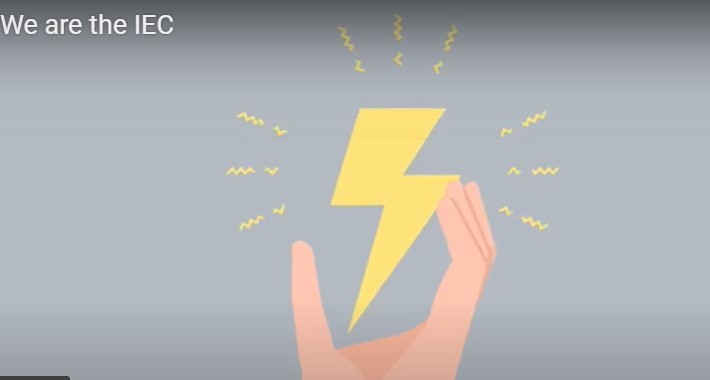India has won the vice presidency of the International Electrotechnical Commission (IEC) and the chairmanship of the Strategic Management Board (SMB) for the years 2023–25.
India’s representative, a member of the Indian National Committee of the International Electrotechnical Commission (IEC) and various technical committees of the Bureau of Indian Standards (BIS-India), was elected after receiving more than 90% of the votes cast by full members of the International Electrotechnical Commission (IEC) during its General Meeting recently held in San Francisco, USA.
In addition to ensuring that Indian perspectives on crucial strategic and policy issues are presented, BIS (India) representation in the policy and governance bodies of the International Organization for Standardization (ISO) and IEC offers opportunities to align national standardisation priorities with global best practises.
India wins the International Electrotechnical Commission (IEC) Vice Presidency and Strategic Management Board (SMB) Chair for the 2023-25 term
By focusing on the growth mantra offered by the honorable Minister of Commerce and Industry, Consumer Affairs, Food & Public Distribution, and Textiles, Shri Piyush Goyal, BIS is consistently growing its global reach.
BIS (India) is currently represented in a number of the International Organization for Standardization’s (ISO) and the International Electrotechnical Commission’s (IEC) policy and governance bodies, including the ISO Council, ISO Technical Management Board (TMB), IEC SMB, IEC Market Strategy Board (MSB), IEC Business Advisory Committee (BAC), etc.
International Electrotechnical Commission (IEC) is an international standard setting body that publishes international Standards for all electrical, electronic and related technologies. Standardization Management Board (SMB) is an apex governance body of IEC responsible for technical policy matters.
Shri Vimal Mahendru will be the IEC Vice President, representing India.
IEC Big Data Trends – India may play a crucial role
Big data drives digital transformation by enabling prediction trends in datasets that go far beyond the capabilities of legacy analytic tools in terms of volume, velocity, variety and variability. Organizations require a process management framework to reap the benefits of big data analytics by ensuring that different functional groups and roles within an organization interplay with each other with the appropriate processes, purposes and outcomes.
A new international standard, ISO/IEC 24668: Process Management Framework for Big Data Analytics, provides practical guidance, based on best practices, on managing and overseeing big data analytics. It describes processes for the acquisition, description, storage and processing of data, irrespective of the industry or sector in which the organization operates.
“ISO/IEC 24688 provides a framework to leverage big data analytics across an organization,” said Wael William Diab, who chairs the joint IEC and ISO committee on artificial intelligence. “It builds upon the successful big data foundational standards.”
The new international standard will help any organization that relies on big data analytics to develop an efficient process management framework based on global best practices. The framework is designed to leverage big data analytics across all functions in the organization and includes process capability levels and process attributes for assessing capability.
ISO/IEC 24668 takes the various process categories into account, along with their interconnectivities. These process categories include organization stakeholder processes, competency development processes, data management processes, analytics development processes and technology integration processes.
This framework can be used not only for managing processes but also for enabling risk determination and process improvements. It will help organizations to develop competitive advantages, as well as to improve sales and customer experiences.






